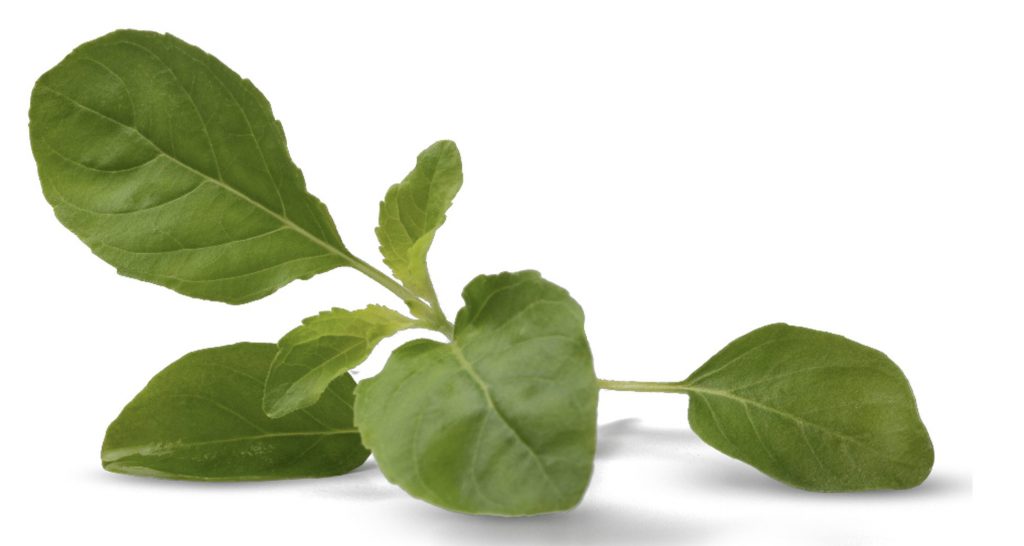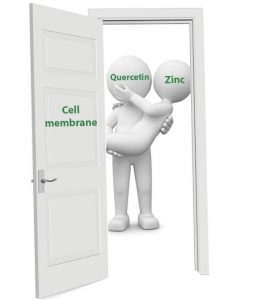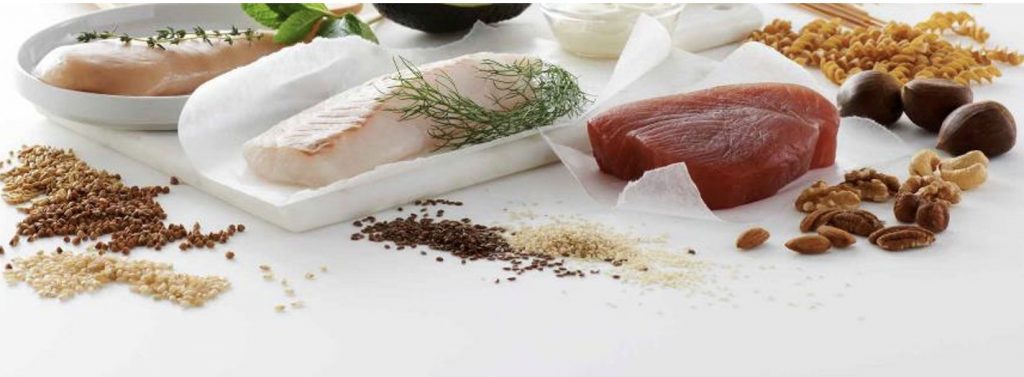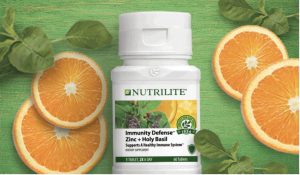
When you think of nutrients for immune health, you probably think about letter vitamins like A, C and D. But I encourage you to also think of the trace mineral zinc. Why? Zinc is another powerful tool in your nutrition toolbox for immune health. In fact, your immune cells must rely on a steady supply to be ready for action.
What’s more, the immune benefits of zinc may get some help from one of my favorite plant polyphenols: Quercetin. I think this potential link between zinc and quercetin is fascinating. I think you’ll agree when you read the brief summary below.
What is quercetin?
If you’re eating a healthy plant-based diet with plenty of fruits and vegetables (which I cross my fingers that you are doing), it’s a good bet you’re consuming quercetin.
Quercetin is a potent antioxidant. It is found throughout the plant kingdom. You’ll find quercetin in apples, onions, broccoli and other fruits and vegetables. Quercetin is also found in citrus fruits like oranges and lemons and in many seeds and nuts.
What’s more, quercetin is found in many flowers, barks and leaves, so it’s no surprise that it’s in herbs with a long history of traditional use, herbs like holy basil, licorice and turmeric.
How does quercetin work to help zinc’s immune power?
Zinc exists as a charged molecule (an ion). In this form, it is unable to cross cell membranes without help. That’s where quercetin comes into play. Quercetin appears to act as an ionophore. I know this word is a tongue-twister, but when you break it apart it’s easier to understand its meaning. “Ion” means a charged molecule, while “phore” means a carrier. Put them together and you have an ionophore or a carrier that helps transport charged ions, such as zinc, across a cell membrane.
The zinc-quercetin team in action

Quercetin’s ability to act like a zinc ionophore was recently demonstrated in cell culture studies by university researchers in Spain. They found that quercetin was able to shuttle zinc across the cell membrane at an impressive rate. Once across the threshold, zinc can be used by the cell.
More recently, this research group has been working to develop a simple laboratory assay to screen other dietary polyphenols for zinc ionophore activity.
To me, this is an exciting area of research into the health benefits of plant compounds, a visionary idea that my father had almost a century ago that would become the foundation of the Nutrilite™ brand.
What are zinc’s health benefits?
Zinc plays a key role in your body’s immune function. Your body’s first line of defense (known as the innate immune system) relies on a steady supply of zinc. For example, zinc helps fortify the protective barrier that lines your nose, mouth, throat and intestinal tract. Your second line of defense (your adaptive immune system) also relies on zinc.
But zinc does so much more. Zinc also helps produce energy needed to fuel cell metabolism and make antioxidants needed to fight off harmful free radicals. It’s also essential for normal taste and smell.

The most common food sources of zinc are animal-based foods like meat, fish, poultry and milk products. Enriched breakfast cereals, legumes, nuts and seeds, and whole grains are rich plant sources, but they also contain plant phytates that can bind zinc and decrease its absorption. So, if you’re a vegan or vegetarian, a supplement that contains zinc may be especially beneficial for you to fill any potential nutrient gap.
What’s the best nutrition advise for immune defense?

If you want to support the function of your immune cells, you need to consume enough zinc along with other nutrients for immune health. Moreover, consuming plant polyphenols such as quercetin may help your body deliver zinc inside your cells where it’s needed most.
Don’t overthink this. You’re just two easy habits away from nourishing your body and supporting your immune defense. First, eat a healthy plant-based diet with a variety of fruits and vegetables. Second, fill any nutrient gaps with quality supplements.
To me, a daily multivitamin like Double X™ supplement is a strong foundation for any supplement program for overall health, including immune function. Yes, you’ll find zinc (and quercetin) in every daily serving.
For added nutritional support for your immune defense, consider adding a supplement specifically formulated to target immune health such as Nutrilite™ Immunity Defense Zinc + Holy Basil supplement. This innovative formula combines key minerals (zinc, copper and selenium) and botanicals (holy basil and citrus bioflavonoids), all in one easy-to-swallow tablet to help support respiratory health.*

I encourage you to start today. After all, you deserve to enjoy optimal immune health during the winter months and all year long.
Well, I’m off to enjoy a tasty dinner cooked up by Francesca. Lately, we’ve been enjoying lots of salads and soups. Talk about a delicious way to get plenty of quercetin. She also tosses in lentils, garbanzo beans and sometimes a small amount of chicken or fish into the soups, all ingredients that are rich in, you guessed it, zinc. Of course, I’ll also be eating a serving of Nutrilite Double X™ food supplement. It’s a win-win!
Here’s to the best of health for you and your loved ones!
Cheers!
![]()
* These statements have not been evaluated by the Food and Drug Administration. This product is not intended to diagnose, treat, cure or prevent any disease.
P.S. Don’t forget to subscribe to our RSS feed and have blog posts delivered right to your inbox.

It’s very good knowledge…I will concern to use it as immediately as I can..
Thank you for all the health information and Nutrilite product recommendations.
Dear Sam. Can’t believe we did not know about this wonderful blog. We had a product zoom tonight and a downline shared your blog. So happy to have found this. We are fine. Hoping to see you in Snowmass in March. ????????????. Chuck and Jean